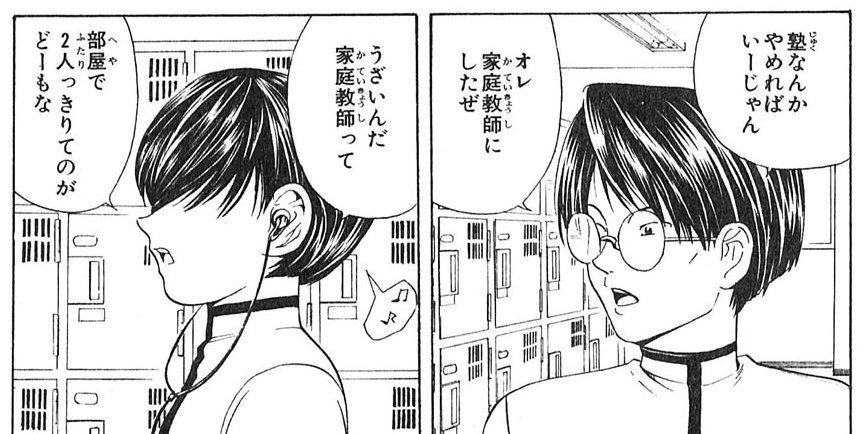The dictionary form of:
「~~てのがどーも」
would be:
「~~というのがどうも」
In this context, 「どうも」 is used for an ambiguous expression of a (somewhat) negative feeling. It is similar in meaning to 「なんだか」、「ちょっと」 or 「なんとなく」. This 「どうも」 is used quite often in informal speech as it saves us the trouble of selecting adjectives, verb phrases, etc. with more precise or concrete meanings.
Here are the definitions for this usage of 「どうも」 from two monolingual dictionaries. The key phrase for both is 「はっきりはしない」.
広辞苑: ②はっきりはしないが、どことなく。何だか。何かしら。
明鏡国語辞典: ❶ はっきり断定{だんてい}できるわけではないが、なんとなくそのような状況{じょうきょう}だと感{かん}じられる気持{きも}ちを表{あらわ}す。なんとしても。どう考{かんが}えても。なんだか。
For a translation, I might use "dunno how to put it, but it's kinda meh (to me)" or simply, "It's kinda..., y'know."
Thus, this speaker is implying that the idea of being alone with a private tutor in a room does not appeal to him.
Finally, 「て」 surely means the same as 「って」 and 「という」 here. In colloquial speech, some young people use 「て」 instead of 「って」 in recent years.

